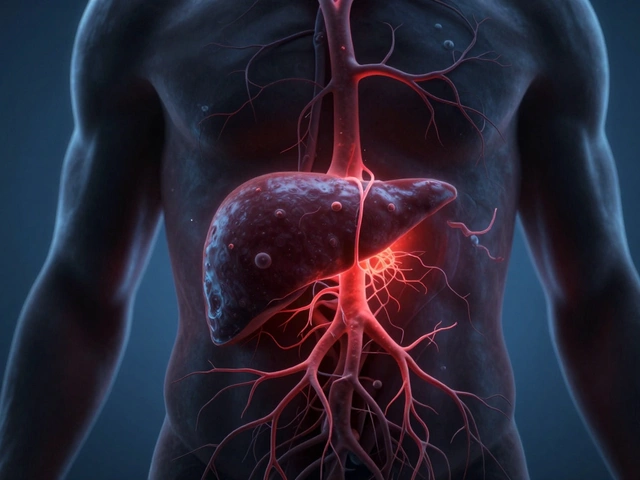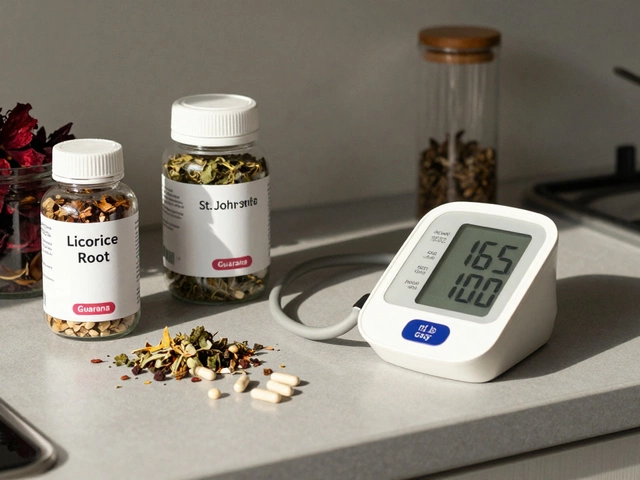How Soon Can You Drive After Surgery? Practical Guidelines
Picture this: you’ve just left the hospital and you’re itching to get home, run errands, or just feel normal again. The biggest question on most people’s minds is, "When can I drive?" The answer isn’t one‑size‑fits‑all, but a few clear rules can help you decide safely.
What Affects Your Driving Readiness?
First, look at the type of surgery. Knee, hip, or ankle procedures directly involve the joints you use for steering, braking, and pedal control. After a knee replacement, many doctors recommend waiting at least 4–6 weeks before you try a short drive. If you had a minor arthroscopy, you might feel ready in a week, but always test your range of motion and pain level first.
Heart or chest surgeries affect stamina and reaction time. After an open‑heart operation, patients often need 6–8 weeks before they feel comfortable handling a car, especially if they’re on medication that can cause dizziness. Ask your surgeon about any specific restrictions tied to anesthesia or pain meds.
Medications are another big factor. Opioids, muscle relaxants, and strong antihistamines can slow your reflexes. Even a single dose of a sedating drug can make you unsafe behind the wheel. If you’re on a painkiller, wait until you can go a full day without feeling sleepy or foggy before you start driving.
Simple Tests to Check Your Readiness
Before you turn the key, do a quick self‑check. Can you push the accelerator fully without pain? Can you move the foot from accelerator to brake smoothly? Try a low‑speed test in a quiet parking lot – accelerate, brake, turn left and right, and notice any lag or discomfort.
Ask a friend or family member to ride shotgun for the first few trips. They can spot signs you miss, like delayed reaction or difficulty seeing clearly. If you notice any of these, give yourself more time.
Also, consider your overall energy. Recovery often means you get tired faster than before. If you’re feeling exhausted after a short walk, a car ride might be too much.
Lastly, check local laws. Some regions require a doctor’s note after major surgeries before you’re allowed to drive. A quick call to your local transport authority can save you a ticket.
In short, the safe window to drive depends on the surgery, your pain level, the meds you take, and how well you can move your limbs. When in doubt, give yourself an extra week and talk to your surgeon. Getting back on the road too early can lead to accidents, which defeats the purpose of a smooth recovery.
So, before you hit the highway, run the quick checks, listen to your body, and make sure you’re fully alert. Safe driving means a safer healing process, and you’ll feel better knowing you didn’t rush the road.





